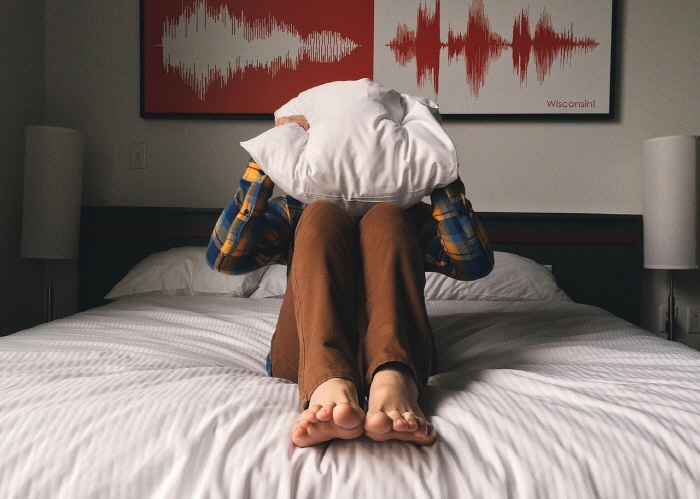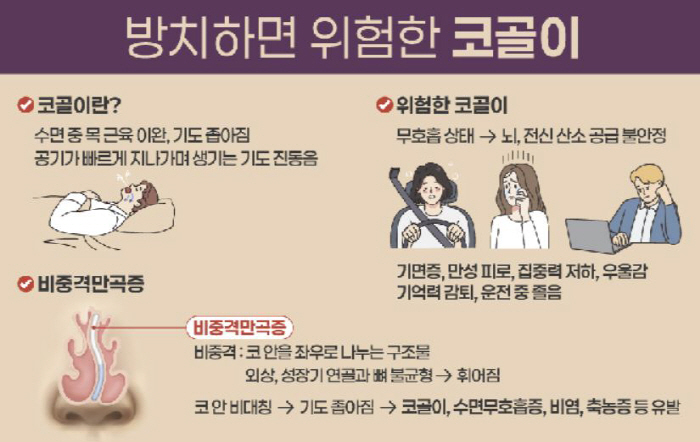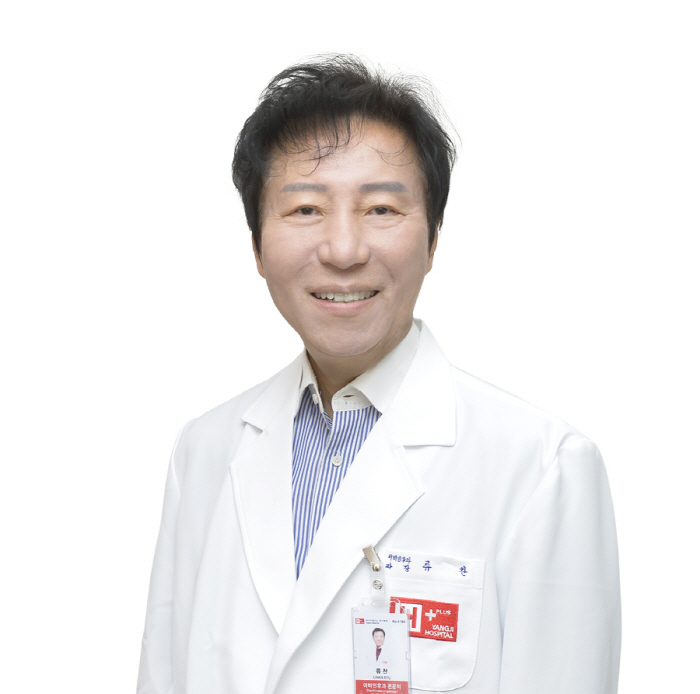The reason why you are tired even after a good night's sleep was because of this?
Apr 17, 2025
|
Many of them suffer from snoring and sleep apnea, but many of them consider it a simple sleeping habit problem and delay treatment. However, it is a disease that can affect not only the quality of life but also the overall health.
Snoring is an airway vibration sound caused by the relaxation of the neck muscles during sleep, narrowing the airways, and the air passing quickly through this narrowed passage. It generally appears frequently in men, but women may also be more frequent after menopause. Usually, snoring occurs unconsciously during sleep, so it is very difficult to solve it on your own and you need to get proper diagnosis and treatment.
One of the main anatomical causes of snoring is septal curvature. The septum is a structure that divides the inside of the nose into left and right sides, and it is often bent due to trauma or imbalance between cartilage and bone in the growing phase. As a result, the airway narrows as the space in the nose becomes asymmetric, resulting in snoring, sleep apnea, rhinitis, and sinusitis. Obesity is also a risk factor for snoring. The nasal cavity narrows due to the accumulation of fat in the nose and neck, and the tongue thickens, blocking the airways and causing snoring.
If you don't feel tired even after getting enough sleep, and you are still sleepy during the day, you should suspect sleep apnea. Repeated apnea during sleep makes oxygen supply unstable to the brain and whole body, accompanied by symptoms such as narcolepsy, chronic fatigue, decreased concentration, memory loss, and depression. Some people experience dangerous situations in their daily lives due to drowsiness while driving and poor concentration during work.
"Snoring or sleep apnea is not a problem that can be simply dismissed as a sleeping habit," said Ryu Chan, a specialist in otolaryngology at H Plus Yangji Hospital. "If septal curvature is accompanied, the symptoms deteriorate due to a structural problem of hiding, so specialized diagnosis and treatment are required."
Sleep apnea is a symptom of frequent cessation of breathing during sleep and is often accompanied by patients with severe snoring. The types are largely divided into obstructive sleep apnea, which occurs when the upper airway narrows during sleep, and central sleep apnea, in which the effort to breathe itself pauses.
Sleep apnea causes breathing problems that absorb oxygen and release carbon dioxide out of the body, so the longer the symptoms persist, the lower the concentration of oxygen in the blood. There is a risk of sudden death in patients in their 40s to 60s due to various complications, so they need to be treated.
For accurate diagnosis, it is necessary to check for abnormalities in the upper airways such as nasal, nasopharyngeal, and pharyngeal, as well as to determine whether and how much apnea occurs during sleep with a polysomnography (PSG). The polysomnography test is a test that records and analyzes abnormal conditions that occur during sleep using various devices, and it is essential to conduct it because it is possible to check the seriousness of sleep.
For treatment of snoring and sleep apnea, appropriate treatment should be selected according to the test results after confirming the patient's condition through facial and head and neck CT scans and polysomnography. If the symptoms are severe or there are limitations of conservative treatment due to structural problems, surgical treatment such as septal correction may be considered.
"For snoring or sleep apnea caused by septal curvature, it is important to take an otolaryngeal approach that considers nose function and aesthetics as well as to widen the hide," said Dr. Ryu Chan. "It is desirable to receive treatment in a medical institution with abundant surgical experience and a safe system." he advised.
Snoring and sleep apnea are not just lifestyle habits, but sleep diseases that require medical treatment. If symptoms persist and cause inconvenience in daily life, appropriate treatment should be performed early through consultation with professional medical staff and diagnosis.
|
|
This article was translated by Naver AI translator.
















